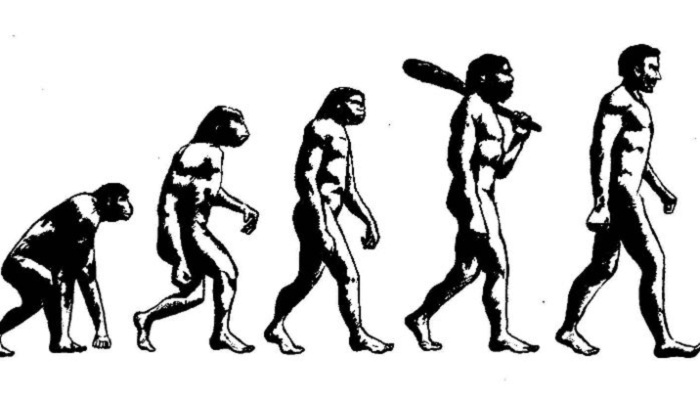Roots of human violence may lie in our evolutionary tree

José María Gómez and colleagues compile data from over 4 million deaths and quantify the level of lethal violence in 1,024 mammal species from 137 taxonomic families and in about 600 human populations, ranging from about 50,000 years ago to the present. Taking data from a variety of human and mammalian sources, they use phylogenetic comparative tools to predict that the overall proportion of human deaths caused by interpersonal violence stands at around 2% - a figure that matches the observed value for prehistoric man.
The authors also investigate how the evolutionarily inferred level of lethal violence differs from that empirically observed during human history. They show that levels of lethal interpersonal violence have changed throughout history, mostly in conjunction with changes in socio-political organization of human populations. These results suggest that culture can influence evolutionarily inherited lethal violence in humans.















-1741770194.jpg&h=190&w=280&zc=1&q=100)






-1741765030.jpg&h=190&w=280&zc=1&q=100)
























